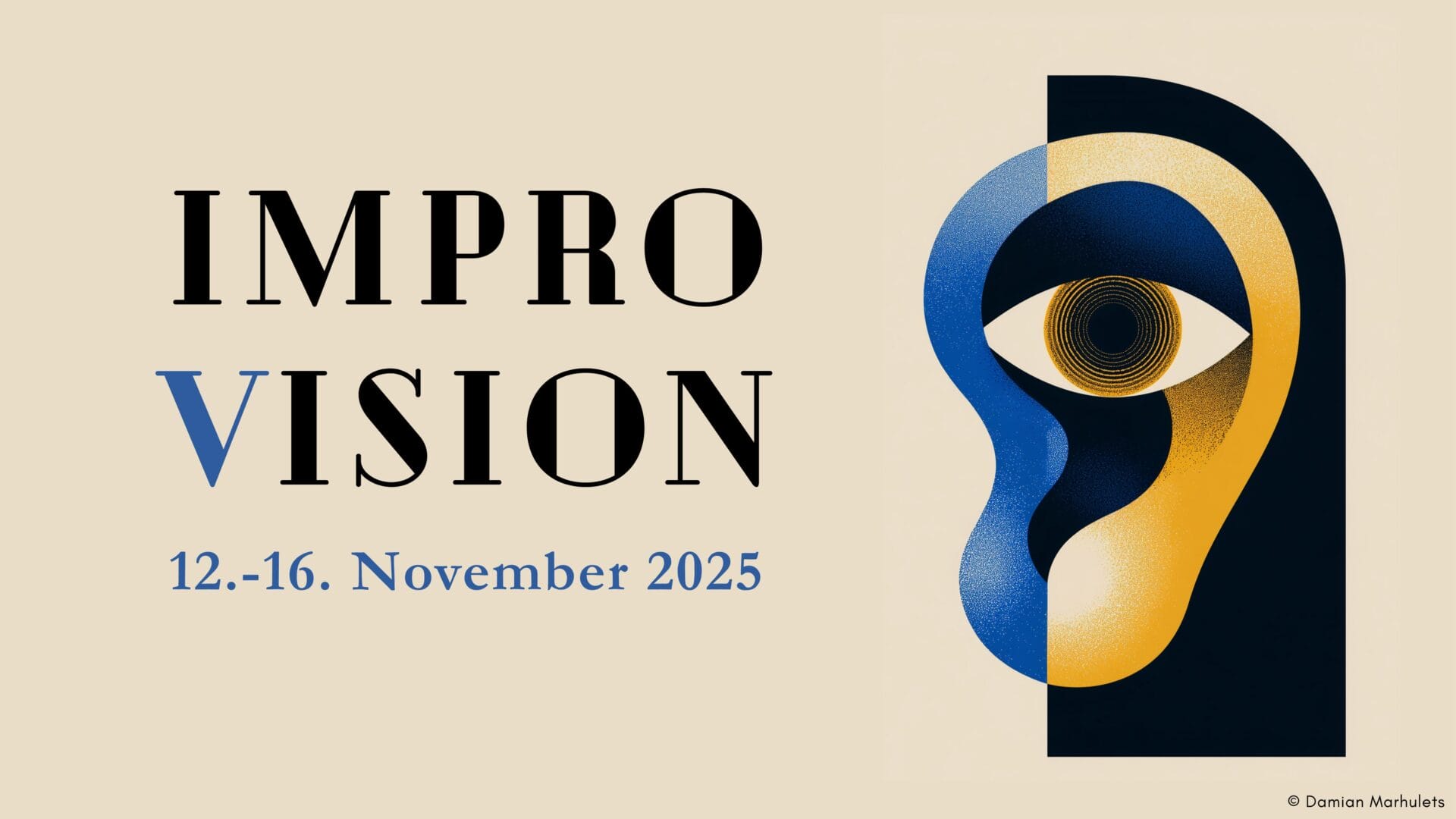
Irene Zandel
Marina Baranova
Marina Baranova was born in Kharkiv, Ukraine, and has lived in Hanover since the age of 19. As the daughter of a couple of pianists, she grew up in a world of classical music, jazz and improvisation. She began playing the piano at the age of five. After moving to Germany, she studied at the HMTM Hanover. After numerous successful competitions and debuts, she realized that a career as a classical pianist only expressed part of her musical personality. At the same time, she also remembered another talent that had already made itself felt in her childhood, in addition to absolute pitch: synaesthesia. In Marina Baranova’s case, it is the combination of sounds and colors that leads to creative explosions in her head. She returned to improvisation and composition. To date, she has released seven albums in which she combines classical music, jazz, minimal music and synaesthesia. Since spring 2024, she has been running her own music salon at Villa Seligmann in Hanover. The aim of this space is not only to listen to music, but also to reflect on it, discuss it and experience it in a comprehensive sense.

Irene Zandel
Prof. Markus Becker
Prof. Markus Becker has established himself as an outstanding interpreter of piano literature from Bach to the modern era and impresses with his versatility, both in classical music and jazz. He regularly performs at renowned festivals such as the Ruhr Piano Festival and the Beethovenfest Bonn and has worked with leading orchestras and conductors such as Claudio Abbado and the Berlin Philharmonic. His recordings, including the complete recording of Max Reger’s piano works, have received numerous awards. As a professor at the Hanover University of Music, Drama and Media, he has been passing on his knowledge to a successful pianist and chamber music class since 1993.

© Iris Kloepper Photo Design
Ashley Hribar
Ashley Hribar is an Australian-born pianist and composer. He has built a reputation as a versatile musician whose repertoire encompasses world music, interdisciplinary art forms and a wide range of traditional genres. With a keen interest in contemporary aesthetics, he is the curator of numerous projects including Sound and Color in Scriabin’s Piano Sonatas and Magic Hands – Two hands, Two pianos. Ashley’s compositions are poly-stylistic collages, often using extended performance techniques, voice and electronics. In 2018 he completed his PhD at the University of Adelaide on the music of American composer Frederic Rzewski.

Rick Nickerson
John Mortensen
John Mortensen is a leader in the international rediscovery of historical improvisation. He performs frequently as a concert artist and masterclass teacher at colleges and universities worldwide and is renowned for his ability to improvise entire concertos in the historical style. He is the author of “The Pianist’s Guide to Historic Improvisation”, the world’s most widely used book in the field of historical piano improvisation, which is now used as a textbook at many leading conservatoires. He is the founder of Improv Planet, an online school of improvisation whose students include concert artists and conservatory teachers from around the world. Mortensen teaches historical improvisation at the Curtis Institute of Music in Philadelphia and is a professor of piano at Cedarville University in Ohio.

Navina Neuschel
Noam Sivan
Prof. Noam Sivan is a pianist and composer and a pioneer in the revival of classical improvisation. He plays fugues and four-movement sonatas extemporaneously, leads orchestral and choral improvisations and collaborates with instrumentalists, singers, dancers and actors. His solo album Ambiro’s Journey has been described as a “new milestone in the development of improvisation”. Born in Haifa, Israel in 1978, Noam Sivan was Director of Improvisation at the Curtis Institute and taught at the Juilliard School. Since 2021, he has been a professor at the HMDK Stuttgart, where he heads one of the world’s first master’s programs for piano improvisation.

Marvin Balzer
Georg Thoma
Georg Thoma is a pianist, music theorist, piano improviser and piano teacher. He has been taught to play the violin, piano and organ since early childhood. After graduating from high school, he completed studies in instrumental piano pedagogy, music theory/aural training and artistic piano improvisation. He currently works as a full-time lecturer for music theory at the University of Music and Performing Arts Munich, as an academic assistant for music theory and aural training at the University of Music Freiburg and as a lecturer for piano improvisation at the University of Music and Performing Arts Stuttgart. An artistic focus for Georg Thoma is piano improvisation in a wide range of styles from baroque, classical and romantic to jazz and new music.







